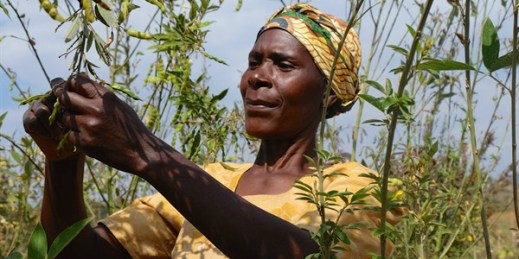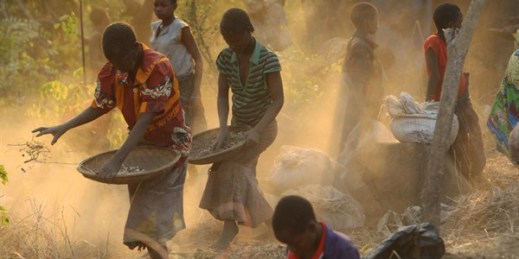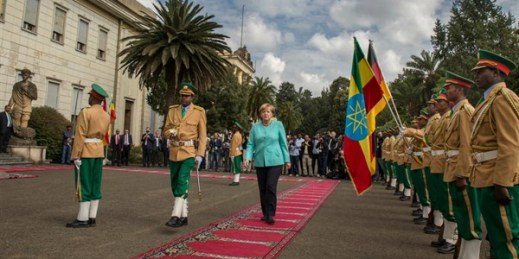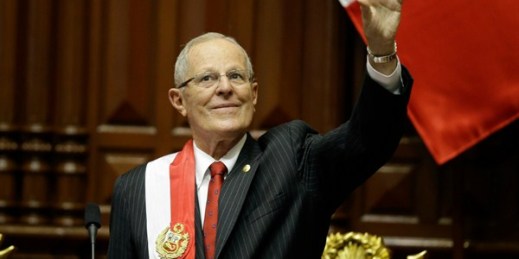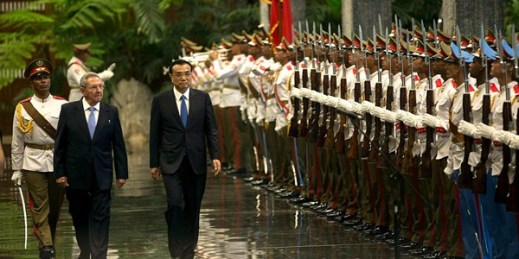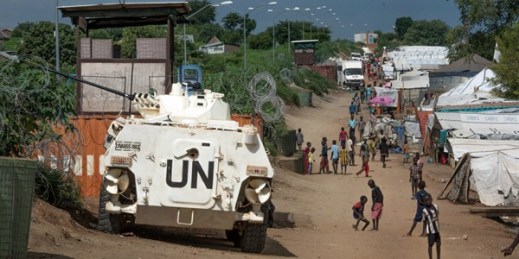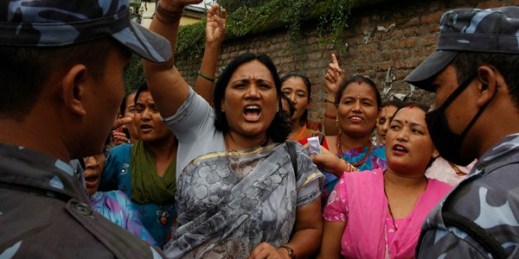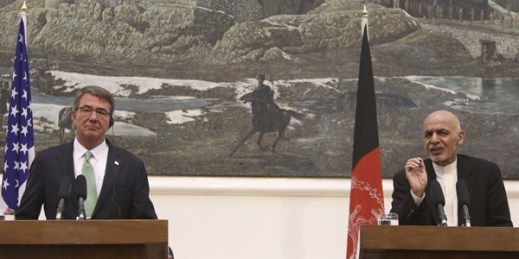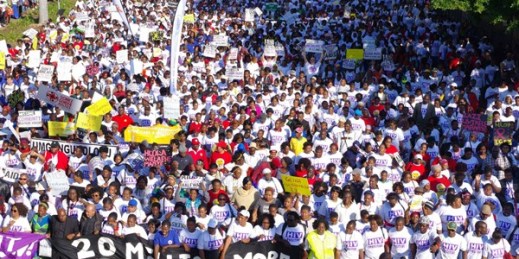
The ecstatic press releases started even before the conference to replenish the Global Fund to Fight AIDS, Tuberculosis and Malaria officially closed last month in Montreal. The fund, which channels donor money to local programs that fight the three diseases in places where they are the most damaging, especially sub-Saharan Africa, had put out a call for $13 billion for its next three years of programming. By the end of the conference, the fund had raised $12.9 billion. The bulletins out of Quebec captured the relief of a public health community that has watched its international financing dwindle, even as […]

